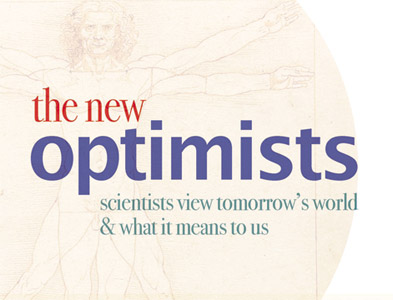The ‘folk knowledge’ of our biological inheritance is that uncommon mutations explain diversity, and that’s why we’re different from each other. But this isn’t so. Moreover, it doesn’t begin to explain phenotypic inheritance — why it is that off-spring are like parents, how it is that when you find an old photo of Great Grandmama you notice you have her smile, hold your head in exactly the same way . . .
 Internationally renown reproductive biologist, adviser on science fiction aliens, and prolific author Professor Jack Cohen has a lifetime’s work in seeking to understand how it all happens.
Internationally renown reproductive biologist, adviser on science fiction aliens, and prolific author Professor Jack Cohen has a lifetime’s work in seeking to understand how it all happens.
The triumphs of neo-Darwinism combining with Mendel’s results, later explained by chromosomes and later DNA has, he says, explained a great deal about inbred populations. But real, wild genomes – the ones that have made you and Jack Cohen and nearly every organism on the planet require new explanations . . . explanations that look likely to be made in the next couple of decades.
Dr Jack Cohen is Honorary Professor of Mathematics at Warwick University, and a Fellow of the Institute of Biology. A now-retired reproductive biologist, he published widely in academic journals. He has also written several books, and co-authored Collapse of Chaos and Figments of Reality with Professor Ian Stewart with whom he has also written several science fiction novels. Cohen and Stewart teamed with Terry Pratchett to write three Science of Discworld books.
When Terry Pratchett received an Hon DLitt from Warwick, he returned the compliment, creating Jack Cohen and Ian Stewart Honorary Wizards of the Unseen University.












